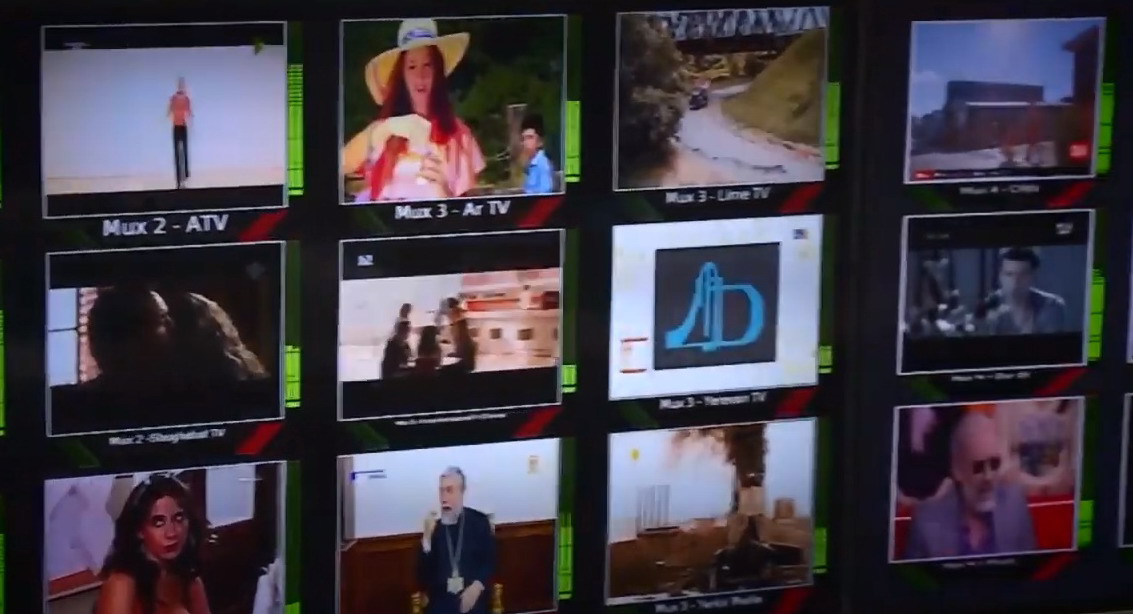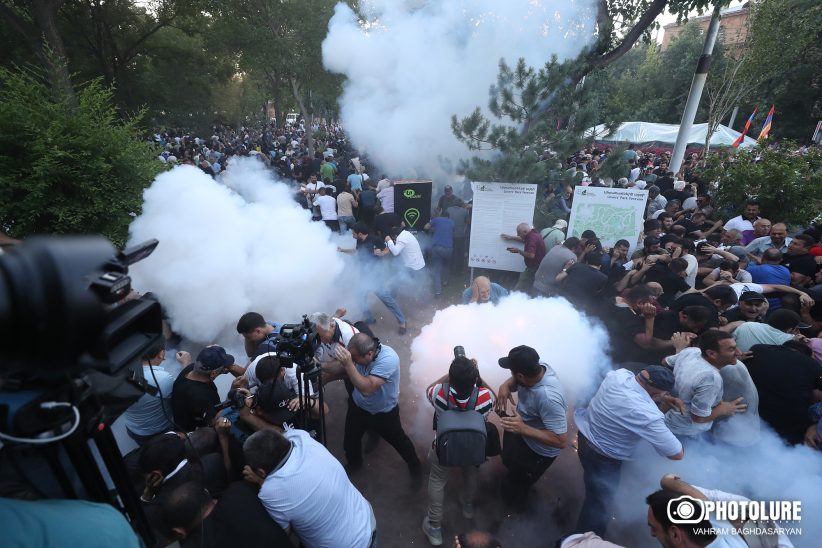The third quarter of 2017 was a post-election period and was almost devoid of public-political tension; however under these conditions two cases of violence, 16 cases of various types of pressure and 39 cases of violating the right of receiving and disseminating information have been recorded. Although the total number of violations has reduced as compared with the previous quarter (from 72 to 57), certain tendencies raise flags. In particular, along with the reduction of pressure on mass media and their personnel by 3,5 times, the number of violations of the rights to receive and disseminate information has increased by 4 times.
The existence of violence applied towards journalists is still of serious concern. Moreover, very often those who are guilty, they are not charged as a result of disproportionate actions, decisions and rulings made by the law enforcement bodies and the courts. The proof of the aforementioned is the monitoring of processes related to violations of the rights of journalists and mass media during the parliamentary elections on April 2 of this year and elections to the Yerevan City council on May 14 of this year: out of 21 recorded cases of violations and impediments criminal cases were filed only in case of 6, of which 4 were closed as a result of artificial “lack of corpus delicti” substantiation.
During July-September, the CPFE continued to monitor the process of criminal cases filed in relation to events in Baghramyan Avenue (#ElectricYerevan) on June 23, 2015, as well as events that took place in the second half of July 2016 on Khorenatsi Street and in Sari Tagh of Yerevan. During the period in question, no new defendants or suspects were identified. In general, during the two years of pre-investigation of the first case, four people were accused; in relation to the second case that goes on for more than one year, nine people were accused. Whereas in the video-footages of the events it is more than evident that several dozens of police officers and assisting them persons in civilian clothing used violence and pursued the mass media personnel.
During the third quarter, the new draft “Law on freedom of information” developed by the RA Ministry of Justice became a topic of heated discussions for the media organizations and media outlets. Both the officially circulated version of the document uploaded on the www.e-draft.am website, and the rough version that became available to the public, created serious objections. However, as the drafting activities are conducted without the participation of the representatives from the civil society, the recommendations fail to reach the authors of the document.
On August 2, the tender on licensing the activity of private multiplex conducted by the TV and Radio national commission was over and it was announced as failed because of the absence of applicant. As a result, the problem of more than ten local TV companies operating in the RA provinces remains unsolved: because of improvident policy conducted in this field these TV companies continues operating in analogue mode in the digital era and happened to be in a very complicated situation.
On September 26, the tenders on licensing the radio-broadcasting through digital network, announced by the TVRNC on June 30, was over. They were 18 of them and all of them passed, as there were 18 applications for 18 options and all of them were recognized as winners.








